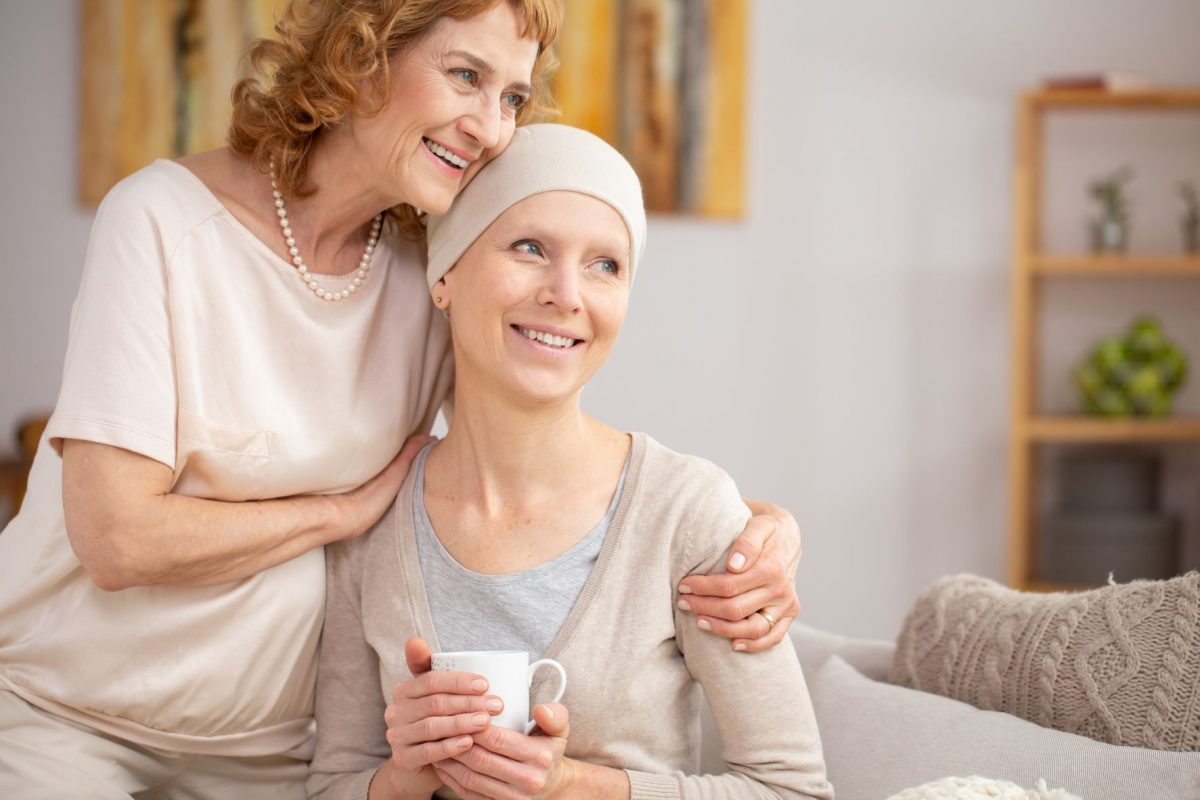Surviving chemotherapy can be a daunting experience, especially for senior citizens. The process can be draining both physically and emotionally, but it ultimately brings us closer to a cure for the diseases that ail us. It’s critical for individuals to prepare both mentally and physically for this journey, ensuring both their emotional well-being and overall health is taken care of. In this article, we delve into the strategies of how to get through chemo as a senior and how they can successfully navigate through their chemotherapy treatments.
Understanding the Chemotherapy Process
Understanding what to expect during chemotherapy can alleviate the fears associated with the unknown. For starters, chemotherapy is a treatment that uses drugs to kill cancer cells. The treatment works by focusing on rapidly dividing cells, a behavior synonymous with cancer cells. It’s important to note that chemotherapy also affects currently dividing healthy cells which leads to some side effects. The impact varies across individuals, with some people experiencing severe side effects and others merely mild ones. Comprehending how chemotherapy works and the side effects to anticipate can better prepare seniors for the course ahead.
During the process, your oncologist may recommend that you pair chemotherapy with other treatments. The complementary procedures enhance the effectiveness of the treatment and reduce the side effects experienced. Seniors should be prepared to adjust their lifestyles and routines during this time with the aim of improving their overall well-being and aiding recovery.
While one can never truly predict how chemotherapy will affect them, staying informed about the treatment process can significantly help. Resources like support groups, counselors, and online forums can offer invaluable insights and advice. Remember, knowledge is power, and being armed with information is the first step to defeating your disease.
Social Support and Mental Health
Understanding how to get through chemo can be a trying time not just physically, but also mentally and emotionally. Therefore, having a strong support network is crucial during this time. Your support network can include family members, friends, health care workers, and fellow patients. Through mutual encouragement and shared experiences, you can all derive strength and positive vibes.
During this period, certain activities may become difficult to carry out independently. Services designed to help seniors, such as grocery delivery for seniors, can help ensure you’re taking proper care of your nutritional needs without having to leave the comfort of your home.
Keep in mind that it’s completely okay to seek professional help when it comes to managing your emotions and mental health. Therapists and counselors trained in providing emotional support during such times can be quite beneficial. Equally critical is maintaining an active social life where possible, even if it’s just on a virtual platform.
Managing Side Effects and Maintaining Physical Health
Chemotherapy often results in side effects that can range from mild inconveniences to debilitating symptoms. To cope with these, seniors should anticipate side effects, such as hair loss, and devise ways to counteract them. For instance, one might consider choosing chemotherapy wigs to compensate for hair loss, boost morale, and keep spirits high.
Maintaining physical health during treatment is also essential. Seniors should focus on ensuring they eat a balanced diet, get sufficient rest, and participate in light exercises where possible. A personalized diet and exercise plan can assist in maintaining energy levels, managing weight changes, and soothing digestive issues caused by the treatment.
Ensure to regularly liaise with health professionals during this period when thinking about how to get through chemo. Doctors, nutritionists, and therapists have important roles to play in advising you on the most suitable diet, physical activities, and therapies to take up to manage side effects and maintain optimal physical health.
Preparation and Aftercare
Prepare before, during, and after each chemotherapy session. Your oncologist will provide essential information regarding what to eat and drink before your appointment, what to bring with you, and how to handle any immediate side effects that may occur post-treatment.
Aftercare is just as important as in-treatment care. Post-treatment, seniors should focus on recuperation and rebuilding their strength. This often involves plenty of rest, a healthy diet, regular check-ups, and a slow return to regular activities. The recovery process may be gradual, and it’s essential to allow yourself time to adjust and recover.
Always remember to relay any concerning post-chemotherapy symptoms to your health care provider immediately. Prompt action could prevent potential complications and can help ensure your recovery stays on track.
Altogether, overcoming chemotherapy, especially as a senior, requires understanding, preparation, a positive mental attitude, and plenty of support at every step. By combining knowledge, expert help, and personal resilience, seniors can navigate their way through how to get through chemo with strength and dignity.








